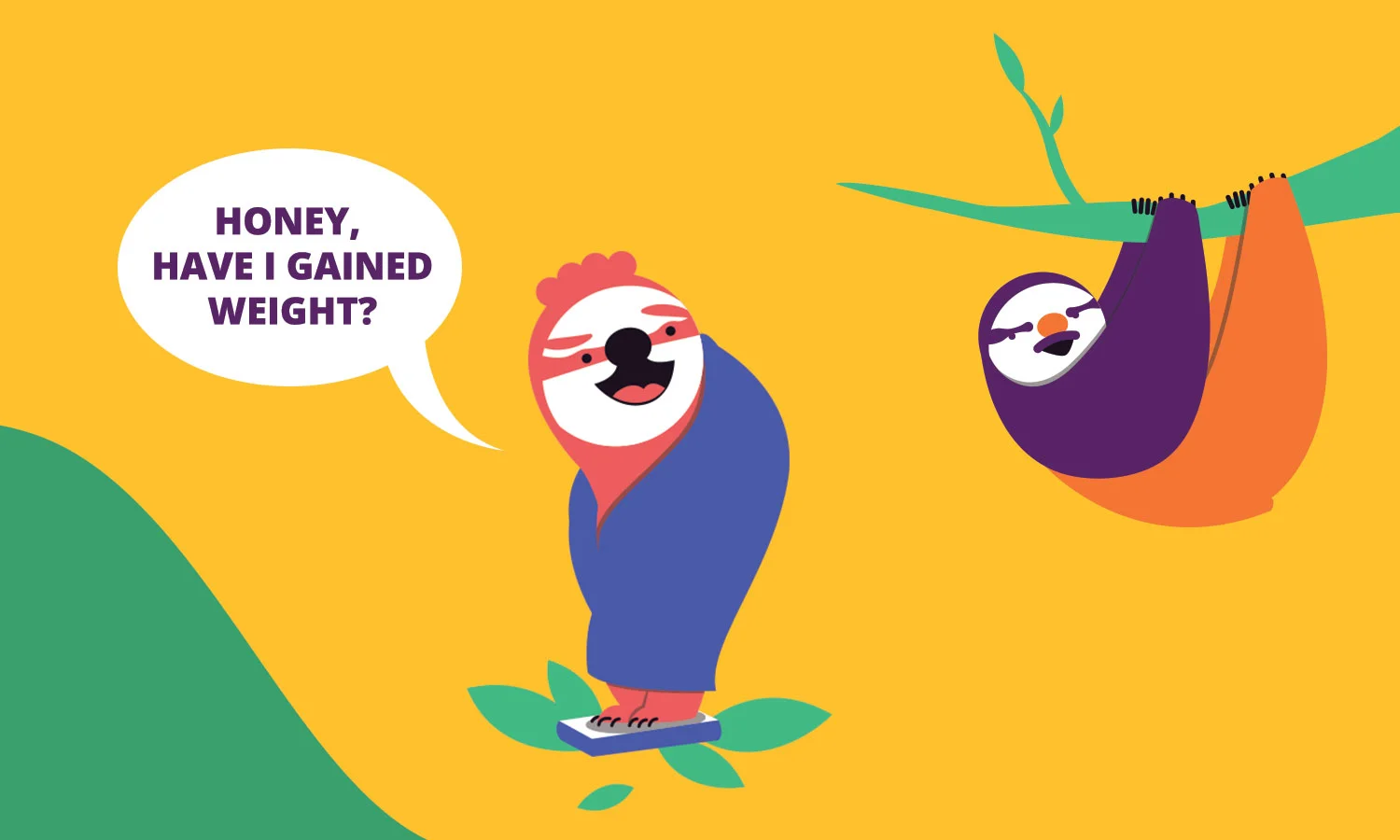Our Top 5 Books On Sleep
Do you feel like you had enough sleep in the last week?
If you’re anything like the rest of us, the answer is probably no. Indeed, according to the UK Sleep Council, we are getting one to two hours less sleep today versus the 1950s. How has it got this bad? And why do we seem to live in a culture that sees sleep as the enemy?
Whether we like it or not, sleep is non-negotiable and the consequences of not getting enough sleep can be serious. The good news is that attitudes appear to be changing in favour of making it a priority rather than a luxury.
Below are five great books to get you started on the fascinating world of slumber.
1. The Sleep Revolution: Transforming Your Life, One Night at a Time by Arianna Huffington
This book is written from the heart. The author became inspired to write it after a 2007 burnout as she was building her online news empire The Huffington Post. After many months with next to no sleep, things eventually caught up with her. She suffered a serious fall breaking her cheek bone. It was the wake up call that spurred her mission to encourage us all to urgently reconnect with sleep.
The book is packed full of quotes, science and helpful summaries of other’s work. It’s written mostly from an American perspective but there are references to the state of sleep around the world. Encouragingly, she makes the case that we have a better understanding of sleep than ever before and that’s allowing us to properly challenge the foolish ‘sleep is for wimps’ work ethic.
2. Sleep: Change the way you sleep with this 90 minute read by Richard Littlehales
Littlehales is a former sales and marketing director for Slumberland, the largest sleeping comfort group. A chance encounter took his career in a different direction and he ended up becoming a sleep coach for some of the world’s most elite athletes. The author’s CV makes for impressive reading as he counts Olympians, the football superstar Cristiano Ronaldo and the Tour De France winning Sky cycling team amongst his former clients.
The book is organised around his ‘R90 Sleep Recovery Program’ based on the fact that our sleep cycles naturally occur in 90 minute periods. At times, it feels like a bit of a sales pitch for his products. Nonetheless, it is likely to be of particular value to those practising sport at a high level. It might, though, fall short for those that don’t.
3. The Sleep Book: How to Sleep Well Every Night by Dr. Guy Meadows
The focus of this book is the serious sleep disorder that affects many people around the world: insomnia. Dr. Meadows runs a 5-week programme at the aptly named ‘Sleep School’ to help his clients with this particularly pernicious condition. He explains that mindfulness and awareness are an important part of the solution and that many of the strategies we practice to combat sleeplessness can end up generating their own anxieties.
It’s a touch light on the science of sleep and perhaps isn’t so beneficial for a more general audience. It is, however, likely to be a helpful and practical guide for those who are suffering from this unfortunate sleep disorder.
4. Night School: The Life-Changing Science of Sleep by Richard Wiseman
Wiseman is a great storyteller and this book is packed full of interesting science that busts some of the common myths about sleep. Like the other authors, he makes it clear that despite the advances in science in the last couple of decades, there are still many things we don’t understand about sleep.
Importantly, the author shares studies that show how even a small lack of sleep can have a detrimental effect on both your health and happiness. There are also questionnaires throughout the book making it both a practical and informative guide.
5. Why We Sleep: The New Science of Sleep and Dreams by Matthew Walker
Walker is a professor of neuroscience and psychology at the University of California, Berkeley. His scientific know-how comes through clearly in this international bestseller. It’s not hard to see why as it shares many fascinating insights as to what happens when we don’t get enough shut-eye.
For example, did you know that not getting enough sleep increases sweet and salty cravings by 30-40%? Or that an afternoon nap increases our learning capacity by 15-20%? Overall, this is a very valuable book. If you only have time to read one of the five then pick this one.
“I love sleep; it’s my favorite.”
Are there any other books on Sleep that you've enjoyed reading? Please share them below.





